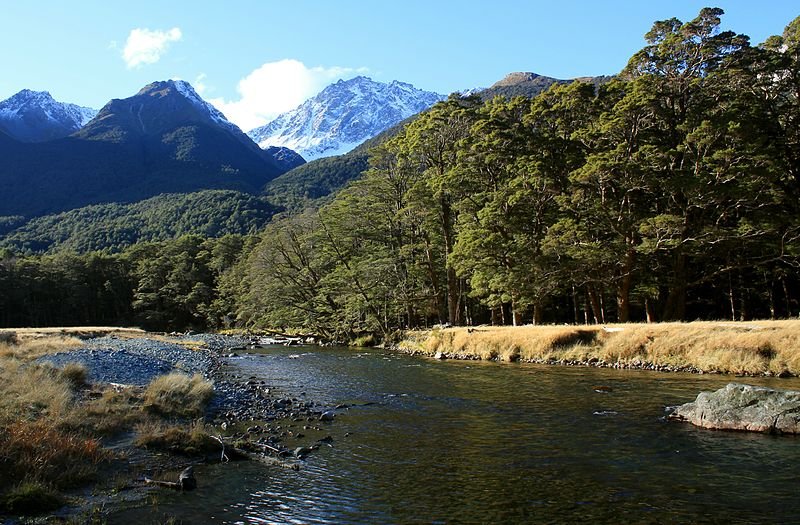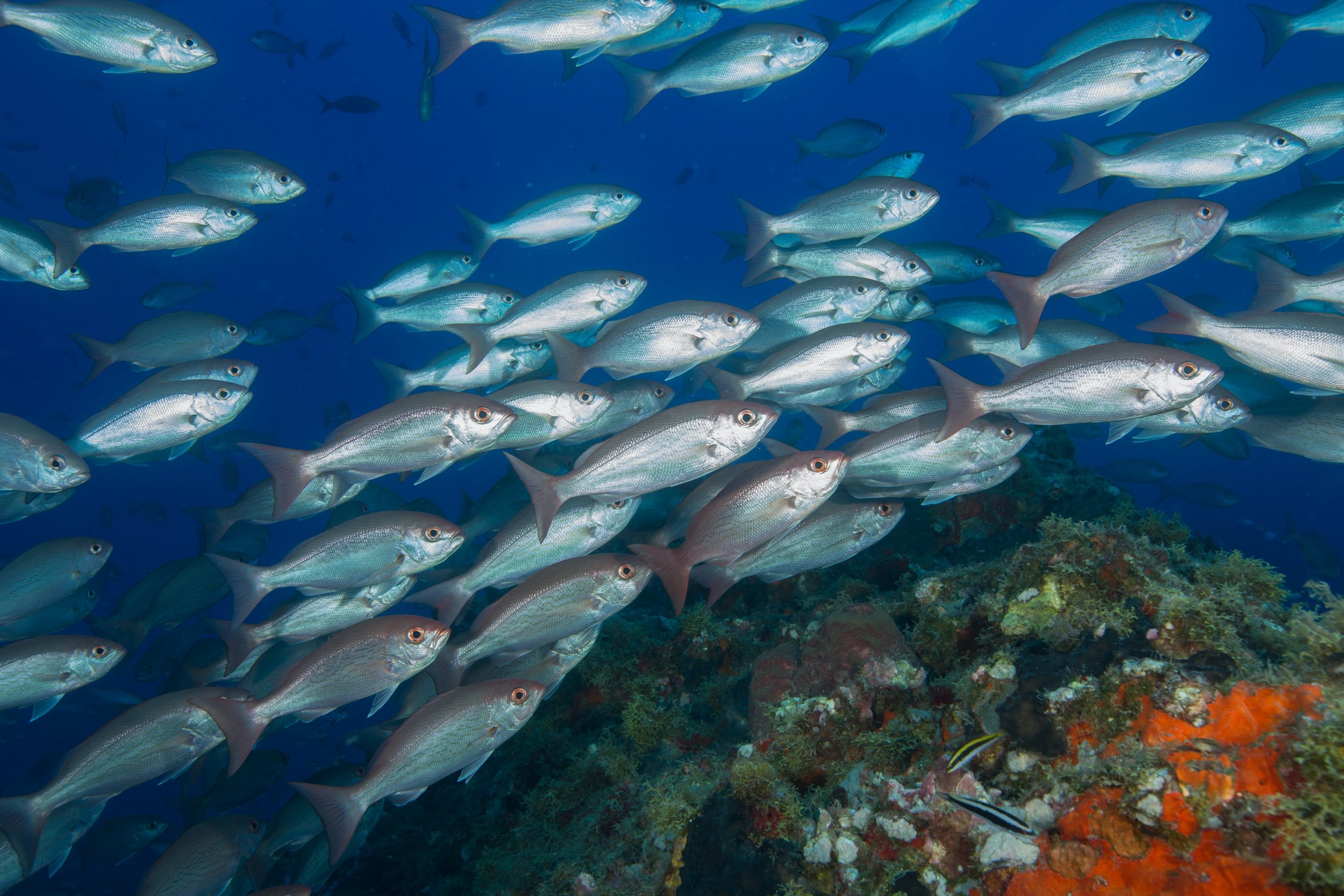
High Court finds Minister for Oceans and Fisheries must consider wider ecosystem when setting catch limits for fishing
ELI is pleased to announce the success of our first major litigation. The case, “CRA1”, is a judicial review by ELI and Te Uri o Hikihiki hapū, challenging the Minister for Oceans and Fisheries Total Allowable Catch (TAC) decision for the Northland Rock Lobster stock in 2021 and 2022. The High Court today released its decision, finding that the 2021 and 2022 total allowable catch decisions for rock lobster in Northland were unlawful, and that the Minister must consider wider ecosystem when setting catch limits for fishing.

Improving our national plan for shark conservation in Aotearoa - our submission
New Zealand’s Exclusive Economic Zone (EEZ) is home to at least 113 species of shark, more than 70 of which have been recorded in NZ’s fisheries. Sharks play an important role in maintaining healthy marine ecosystems, but face a litany of significant threats, most of which are human induced. Read our submission to FNZ and DOC on their Draft National Plan of Action for the Conservation and Management of Sharks 2022.

Protecting our coastal wetlands - our submission to MfE
Our submission to the Ministry for the Environment on their proposed changes to provisions for wetlands in the coastal marine area (CMA).

“Managing our Wetlands” and Technical Amendments - ELI’s Submission
Our submission to Ministry for Environment on the 2022 Exposure drafts of the NPS-FM and NES-F: “Managing our Wetlands” and Technical Amendments.

Structural issues and under-resourcing at the heart of DOC’s backlog problems
The Department of Conservation (DOC) is in the process of making targeted amendments to several pieces of conservation legislation, particularly the Conservation Act 1987, the National Parks Act 1980, and the Reserves Act 1977.
In ELI’s view, however, these reforms misdiagnose problems, and overlook the core issues hampering DOC from effectively doing its job. Read our full submission here.

Missed opportunities in the Fisheries Amendment Bill
Read our full submission on the Fisheries Amendment Bill, and why the proposed changes are unlikely to fulfil the Govt’s stated intentions for our Oceans and Fisheries.

Improving Aotearoa’s environmental reporting system: our submission
Read our submission on MfE’s consultation to improve environmental reporting.

Stewardship land review could result in more mining on conservation land
ELI is concerned at proposals to invoke a special procedure to review the status of public Stewardship Land. As presently set up, the Government’s proposed measures for carrying out this review suffer from a number of shortcomings which could see large swathes of precious public land disposed of to mining interests. Read our full submission to DOC here.

Sand mining at Pakiri beach: Our submission to Auckland Council
Two resource consent applications have been lodged to Auckland Council by private company McCallum Bros to continue sand mining in-shore and mid-shore around the Pakiri beach area. If successful, these developments are likely to have negative effects on a number of indigenous species, habitats and taxa, including the New Zealand Fairy Tern (the rarest endemic bird species in Aotearoa). In ELI’s view, because of lack of available evidence on the ecological effects of the development, Auckland Council is obligated to apply a precautionary approach and decline the application, or pause it until further information is available.

Leveraging wetlands in NZ’s climate change response
Our submission to MfE on why we must prioritise the restoration and conservation of wetlands and peatlands into our emissions reductions approach.

Living up to our international fisheries obligations: our submission to FNZ
With an EEZ that occupies a relatively generous share of the world’s oceans, New Zealand lags behind other countries in its adoption of international standards and norms. This consultation provides the perfect opportunity for New Zealand to do a stock take against international developments in fishing over the past 25 years, redress the current inadequacies in the Fisheries Act (we have suggested two), and fully implement the international obligations we have signed up to on the world stage.

Our submission on the EPA’s reassessment of organophosphates (OPs)
These OPs are the main components of widely used insecticides, pesticides and herbicides in NZ. They have been banned in numerous jurisdictions including the EU and US, due to evidence of significant adverse environments on people and the environment. However, there is an almost complete lack of evidence on the effects of these OPs on NZ’s environment, indigenous taxa and habitats. There is also a lack of evidence on the benefits and economic costs of continuing/discontinuing their use. In ELI’s view, this evidence is crucial to undertaking an informed reassessment. Without it, the EPA should follow the HSNO Act and apply a precautionary approach to its regulation of these hazardous substances.
